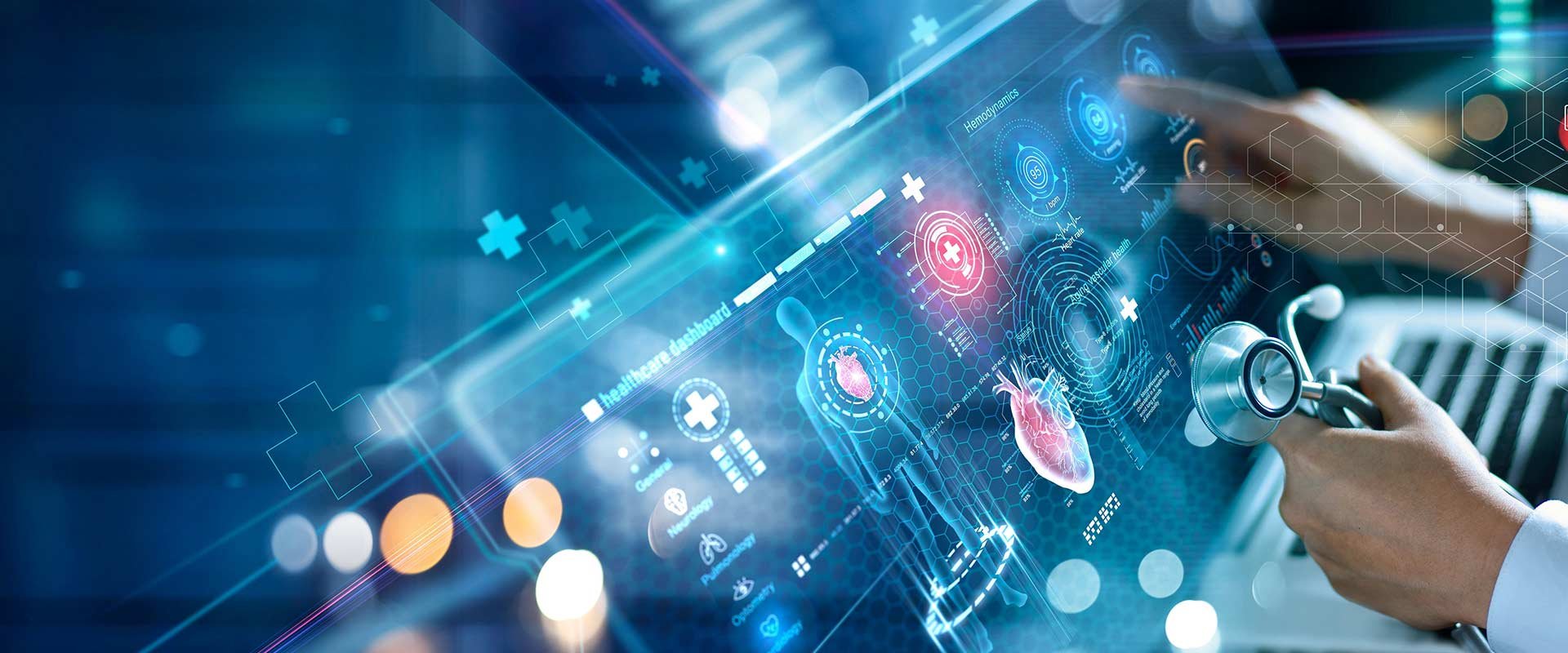New technologies caring for your heart
life sciences

life sciences
You know that moment when you see someone and you feel your heart skip a beat? Well, thanks to breakthrough new technologies, you can now check you’re not suffering from Atrial fibrillation (AFib) or other serious heartbeat irregularities. In honour of Valentine’s Day and Heart Health Month this February, we look at some exciting new medical devices and technologies that will help keep your heart strong, healthy and safe.
Heart health is not something to mess with. Globally, cardiovascular diseases account for approximately 32 per cent of deaths every year. In Australia, Ischaemic heart disease was the leading cause of death in 2021, according to the Australian Bureau of Statistics. A GlobalData report states the heart failure market is expected to grow from $3.7 billion in 2018 to $22.1 billion in 2028.
While these statistics are grim, a slew of new technologies are flooding the market which provide the key to saving lives and protecting our health: early intervention. While certain symptoms of heart failure are easy to watch out for – such as fatigue, shortness of breath, and changes in weight – other changes are more subtle and difficult to detect…until now. Read on for new technologies that may help to protect you from a broken heart.

It turns out Alexa is good for much more than playing your favourite song or switching on your smart lights. Using voice-enabled technology, Alex can now listen to a person’s breathing and tell if they are going into cardiac arrest, with an impressive 97 per cent accuracy. Patients can also operate their blood pressure monitoring devices to manage their condition by using voice commands. A voice-analysing app can even be used to detect coronary artery disease, based on a patient’s tone and intensity as they speak.

Implantable monitoring devices comprise an implantable pulmonary-artery sensor and a fine wire transmission system, which enables the wearer to send readings directly to a doctor. Consistent monitoring allows for easy detection of any changes in pulmonary-artery pressure, enabling immediate action to be taken at the first sign of any risk.

AI technology allows for enormous amounts of data to be fed into algorithms, helping doctors make optimal decisions about the health of their patients, sometimes in seconds.
Modern cardiac ultrasound systems now automatically incorporate AI technology to identify anatomy, label it, identify optimal echo views and perform automatic measurements before the cardiologist even begins to read the patient’s case. Cardiac CT scans now use AI automated calcium scoring software, which creates a report in moments, complete with colour coding. Wearables and smartphone-based apps draw on AI algorithms to automatically detect arrythmias and send alerts to patients at risk.
Thanks to incredible advancements in technology, it’s now easier than ever to care for your heart. This Valentine’s Day, take a moment to assess if you or your loved ones could benefit from these life-saving technologies.

Electronic tattoos, which can be worn comfortably on the wrist for hours, are able to deliver continuous blood pressure measurements that are far more accurate than most options on the market today. Comprised of sensors encased in sticky, stretchy material, they stay firmly in place and monitor blood pressure in all types of situations: times of high stress, during sleep, while exercising, etc. Unlike traditional cuff-based devices that take your blood pressure at a moment in time, continuous monitoring can provide remarkable insights into how a patient’s body is functioning.

Brunel’s entrepreneurial spirit and background as a technical role specialist make it a natural partner for life science ventures. Speak with our experienced team today!